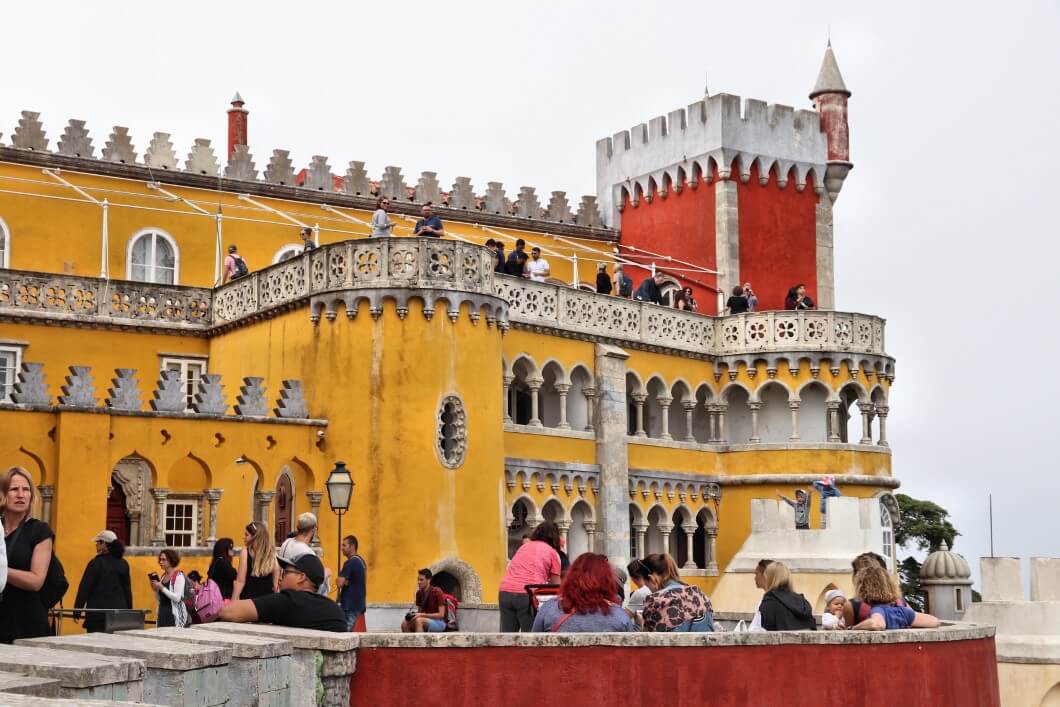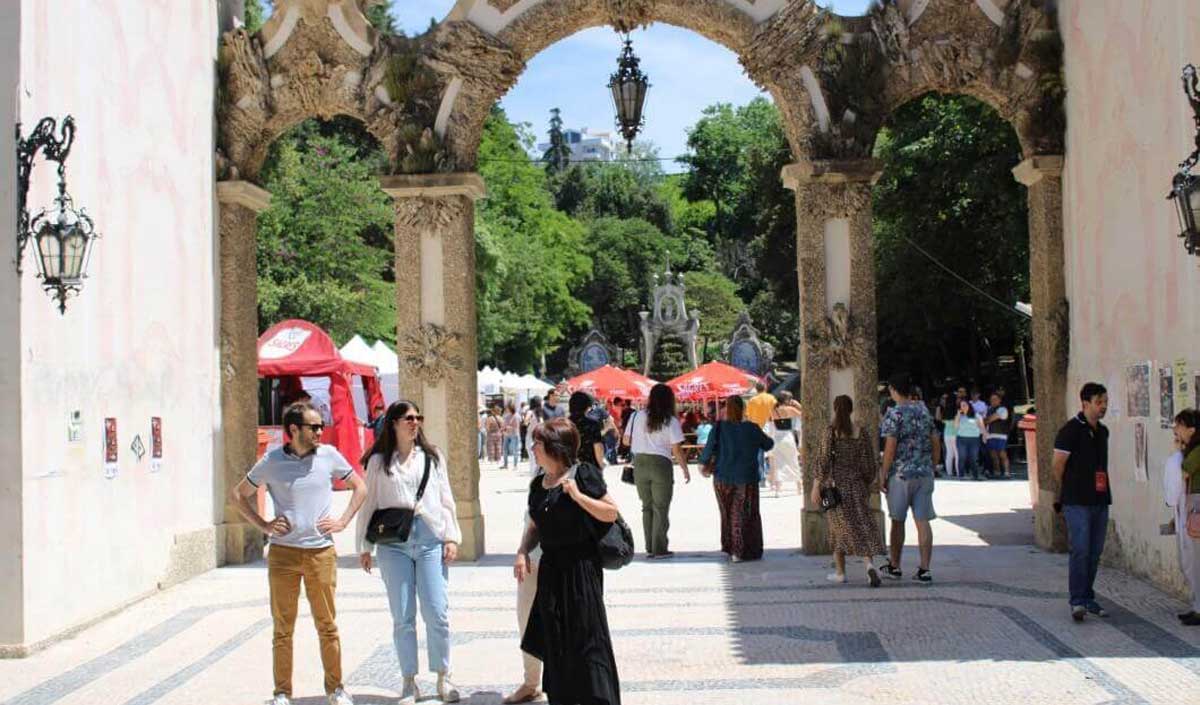The outlook for Portuguese tourism this summer is positive and demand should reach levels close to 2019. Foreign tourists are leaving destinations such as Turkey and Greece, and the Portuguese tourism market is benefiting from this. The idea of a “clean beneficiary” is becoming more and more popular.
Portugal can be considered a “net beneficiary” in the current geopolitical situation in Eastern Europe. If before the war the country’s peripheral position could be considered an obstacle, now it is seen as an asset capitalized by tourism.
The results are in: The Algarve is expected to hit record highs this summer, welcoming not only traditional tourists but also those who want to leave destinations like Turkey due to the proximity of armed conflict.
Positive outlook
Several tourism industry experts agree that the outlook for the Portuguese tourism sector is encouraging. Besides the fact that Portugal is away from conflict, the country is safe, and the inflation rate, although high, is lower than in other countries, which affects the final price. According to the latest data from the European Commission, inflation should rise to 4.4%, which is still below the Eurozone, which should exceed 6%.
The President of the Portuguese Confederation of Tourism is not surprised by the success of Portugal. Last week, the European Commission said it was even more optimistic than the government, predicting gross domestic product (GDP) to grow by 5.8% this year. The service sector, especially international tourism, will “strongly” recover from the recession during the pandemic years. The first positive sign was Easter when hotel occupancy exceeded 80%.
“We expect this level of hotel occupancy to continue this summer, which will be the year of initial recovery of tourism after two years of a pandemic and an almost complete stagnation of tourist activity,” said Francisco Calheiros, president of the Portuguese Tourism Confederation. He added: “We have to highlight the March data from the International Air Transport Association (IATA). They show that air travel is returning to normal.” The impact of the conflict in Ukraine on air travel demand has generally been rather limited. And the impact of the pandemic is mainly limited to the domestic markets of Asia. With some confidence, we can say that by 2023 we can return to the performance of 2019.”

2019 indicators
This opinion is shared by Cristina Siza Vieira, Executive President of the Portuguese Hotel Association (AHP). She maintains that the summer outlook is positive, as she said earlier in the year. “Growth is strong, demand for Portugal is very strong and bookings in the Algarve predict a great summer,” she said.
However, for now, it does not guarantee that the indicators before the 2019 pandemic will be achievable. “We don’t know yet if we will meet the 2019 targets. In any case, everything indicates that we will be very close. Then we will see what the end of the year looks like, but in the summer we should reach all the 2019 targets.”
As for the possibility of hotels reaching close to 100% occupancy, the head says that “it’s still too early to tell.” She admits, however, that the summer months are very close to that, and prices should boost the hotel industry’s profitability.” But she warns: “Even though this destination is in high demand among domestic tourists, the profit received by foreign tourists is higher. This is the main destination for the English, French, Italian and Spanish markets.”
Prices may rise
Faced with this increase in demand and rising inflation, the Executive President of the Portuguese Hotel Association expects Portuguese tourism to grow in value terms. “Inflation certainly exists. Prices must match and stay above inflation if we want to grow, otherwise, the result will be neutral.”
And, according to the official, the results are clear: “Prices will rise due to inflation, supply, and demand. With increased demand caused by events such as the war in Ukraine, the redirection of flows in the Algarve is natural, and prices are rising.”
For the head of the Algarve tourism department, this recovery has a large volume and higher prices. “Our prices are high because we also have significantly higher costs for all factors of production: human resources, energy, raw materials. Retail also has to bear these additional costs. But, fortunately, given the current data, the level of summer demand will be very close to the level of 2019 and could exceed it, both in volume and in price. This is important for Algarve businesses and the Portuguese in general. It was two years of losses, which will take many years to recover.”

